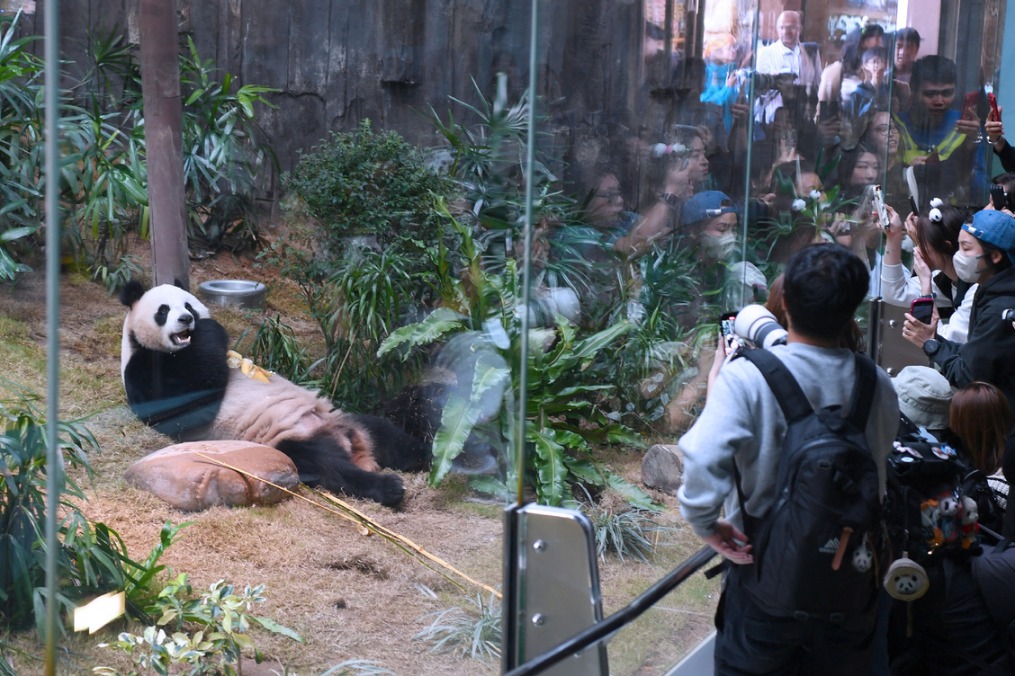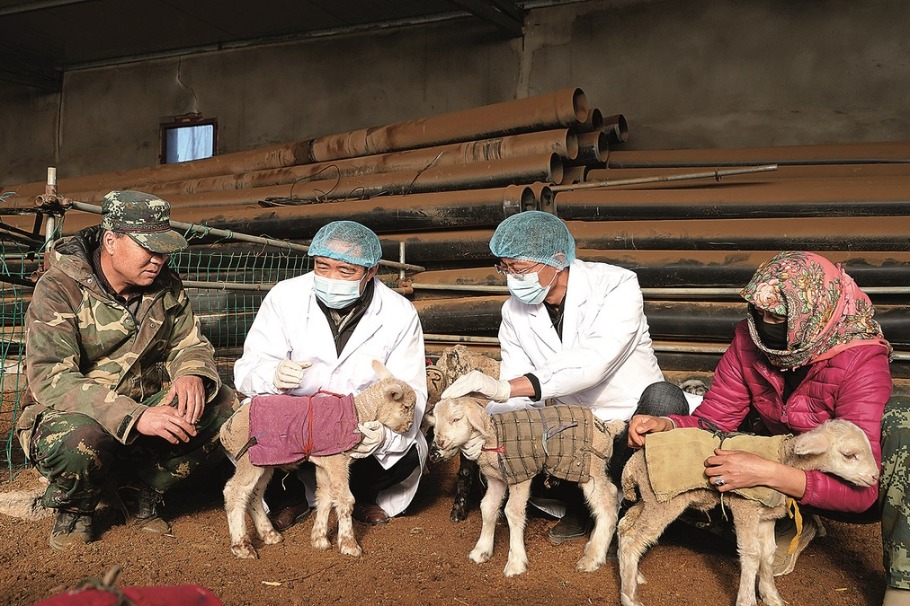Facing threads
Bangladeshi artisans of traditional sari clothing struggle amid economic woes

Editor's note: In this weekly feature China Daily gives voice to Asia and its people. The stories presented come mainly from the Asia News Network (ANN), of which China Daily is among its 20 leading titles.

The industry behind traditional southern Asian attire like the sari and panjabi, worn in areas such as Bangladesh, India, Sri Lanka, Nepal and Pakistan, is increasingly facing the challenge of economic change and development.
Bangladesh's traditional textile sector has deep roots, extending back centuries and interwoven with the nation's cultural identity. The taant sari, traditional female Bengali clothing, can be traced to the eastern Bengal region.
The sari, woven from cotton threads and distinguished by its lightness and transparency, is considered to be extremely suited to the hot and humid climate of the Indian subcontinent.
Bangladesh's taant industry is a vital piece of its cultural and economic fabric. The traditional art of weaving is considered the best sari of its kind, listed by UNESCO as an intangible cultural heritage of humanity.
The sector's resilience has withstood economic downturns and other challenges but it is now facing a major threat — consumer disinterest, limited local support and imported alternatives.
Kutub Uddin, from the Benaroshi Polli, Mirpur 10 area of Bangladeshi capital Dhaka, has been weaving since childhood. He reflected on how his career began out of necessity amid Bangladesh's development, with his poverty-hit family relying on weaving to survive.
Over the decades, he watched as demand for handloom Benaroshi sari products fluctuated, with recent years seeing a noticeable decline.
"Ten or 12 years ago, Benaroshi sari was in high demand," he said. "But now, the industry is in crisis."
























